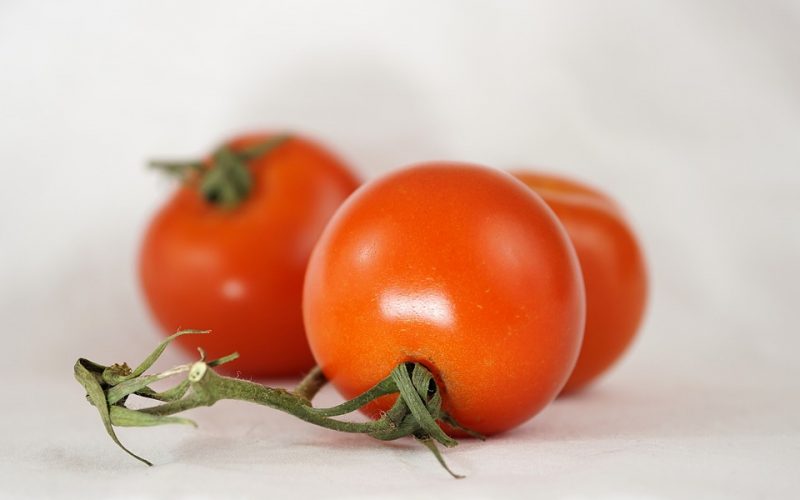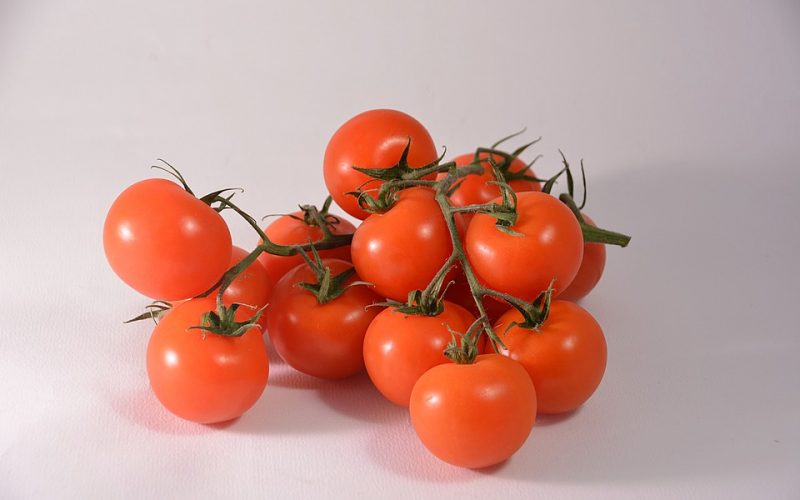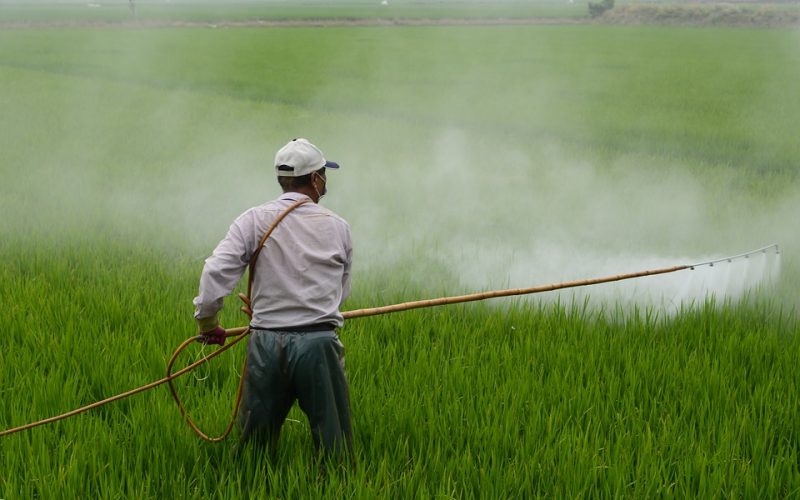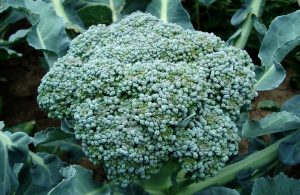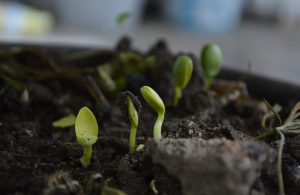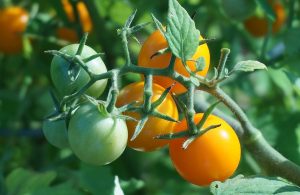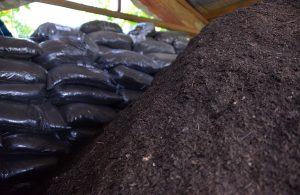There are many factors that go into growing any plant. Soil, fertilizers, sunlight and water content are all responsible for the end product of a healthy plant that produces edible tomatoes. Sunlight is one factor most people never consider. Scientists and food growers have long known how to mimic natural sunlight to make a tomato plant grow. They can even adjust the basic color of the light to force the plant to mature quicker or grow larger fruits. The organic label means tomato plants are grown with natural sunlight.
Water is one of the most important factors for growing healthy tomato plants. The minimum amount of water necessary for a healthy plant is generally at least 1 gallon, or nearly 4 liters, of water per day. Additives to the water can affect the plant immensely. If the water is chemically treated this may have a bearing on plant growth and health. Chemicals, especially from pollutants, may erase any organic benefits gained from the soil and fertilizer used.
Organic soil is one of the most important measurements of whether or not a tomato is organically grown. Tests are generally done to ensure there are no residual pollutants or chemical additives. Organically grown means pesticides in large quantities cannot be present. There may be a very small amount of naturally occurring pesticides, but these do not affect the label of organically grown. The type of fertilizers used will also have an effect on whether or not soil is considered organic. If chemical fertilizers that have non-degradable ingredients were previously used, these will remain in the soil. It will then test as non-organic soil and cannot be used.
Fertilizing plants is one way to help them grow faster and healthier. Non-organic fertilizers have often been used by tomato growers. They nourish the plant by providing nitrogen. This is a quick and easy way to get this important ingredient to the plant during the growing season. Organic fertilizers also contain hefty doses of nitrogen. The problem is that they are not as soluble as those contained in chemical fertilizers. The bacteria in the soil must break down organic fertilizer before the plants have access to the nitrogen. The plants tend to grow slower, but retain their organic label.
